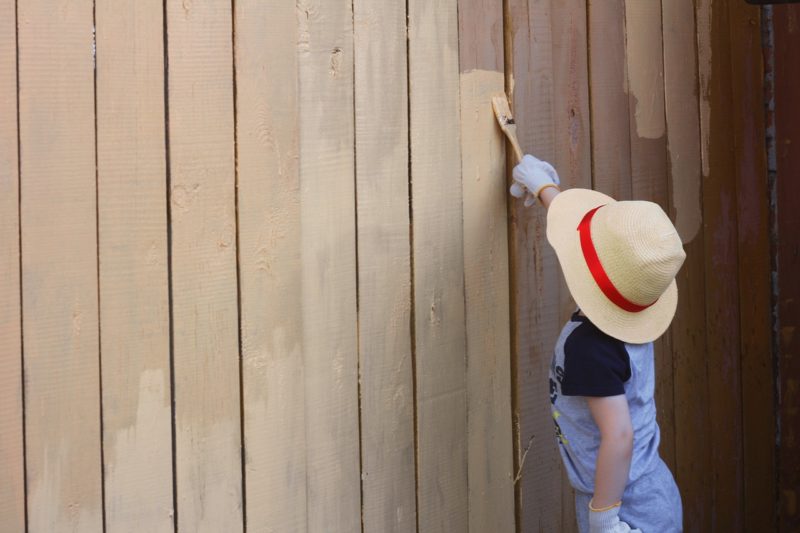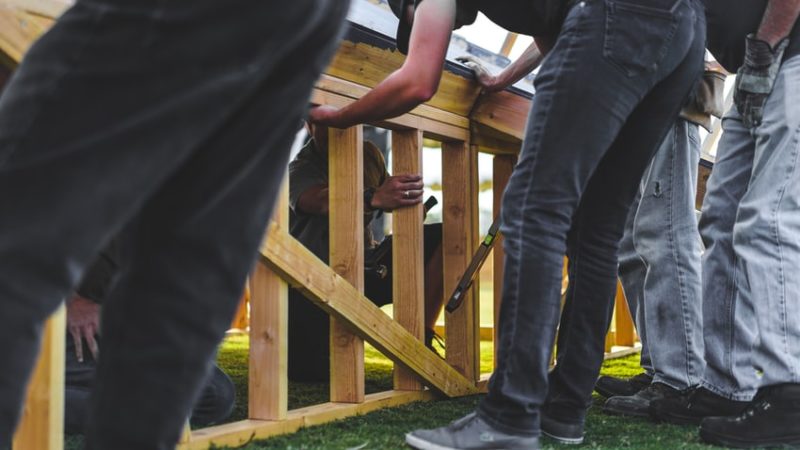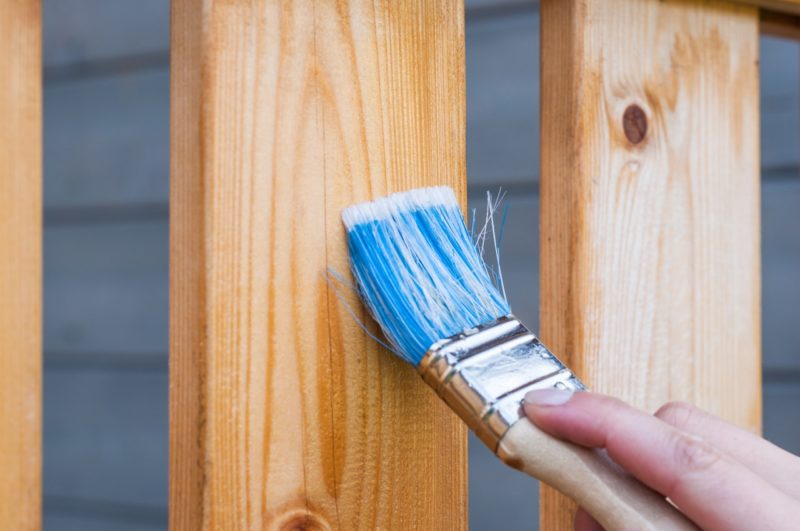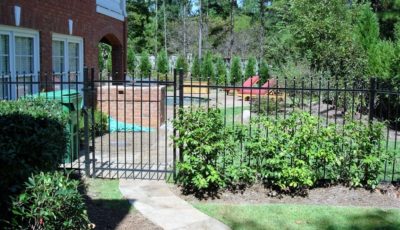When Should You DIY a Fence and When Should You Leave It to the Professionals?
Fences can provide many benefits for your home. Security, privacy, containment of pets and kids, and aesthetics are all good reasons to add a fence or maintain the one you have. If you’re considering a fence project, you may be thinking about building the fence yourself. There are times when this can work out and times when it may not go so well. Here’s a simple guide to help you make that decision.
Your Experience
If you’ve never built anything significant, a fence is not a good first project. You need at least a basic understanding of carpentry and of fence building specifically to have a hope of a successful outcome. Unlike the familiar and forgiving wire fences you’ve seen on farms, the expensive materials used in residential and commercial fencing leave little margin for error. You’ll also need access to and skills with a number of specialized tools.
Fence Type
A knee-high picket fence around a flower garden is a manageable project for most handy people. However, an energetic dog or a group of busy toddlers needs something more substantial. Solid panels will also need better installation techniques to resist winds. These projects will also involve heavier materials that may be tough for one or two people to do. In short, the more you expect of your fence, the more likely you’ll be better off to have it professionally installed.
Your Terrain
It’s easier to build anything on level ground, but almost nobody has a perfectly flat lot at their home or business. Even property that appears to be very flat will give you some unpleasant surprises as you attempt to build a level fence on it. You may also find some challenges below the soil’s surface, where rocks, roots, and other obstructions can make the digging very difficult, especially without expensive and complicated power tools.
Legal & Safety Issues
Nothing can ruin a great fencing job faster than realizing it’s in the wrong place. If your project intrudes on a neighbor’s property, you’ll have to move it. The cost and hassle of those extra steps–plus the potential for legal costs and municipal fines–will have you wishing you’d hired a professional who knew how to locate and properly navigate property lines. Speaking of locating and navigating around things, your contractor will also be more capable of avoiding buried utilities and other safety hazards.
A new fence can provide lots of benefits for your home, and there’s nothing wrong with exploring ways to lower the cost. However, these jobs are not as easy as they seem. Make sure you know what you’re getting into before you commit to a DIY job, and don’t be afraid to let an experienced firm handle it for you.













